Cooking and Culinary Arts: A Journey Through Flavors
Cooking and culinary arts are both a science and an art, offering endless opportunities for creativity, experimentation, and skill development. From mastering basic techniques to exploring diverse cuisines, the culinary world has something for everyone. Engaging in cooking can enhance your appreciation for food, improve your health, and provide a rewarding hobby.
1Healthy Cooking and Nutrition
0 votes
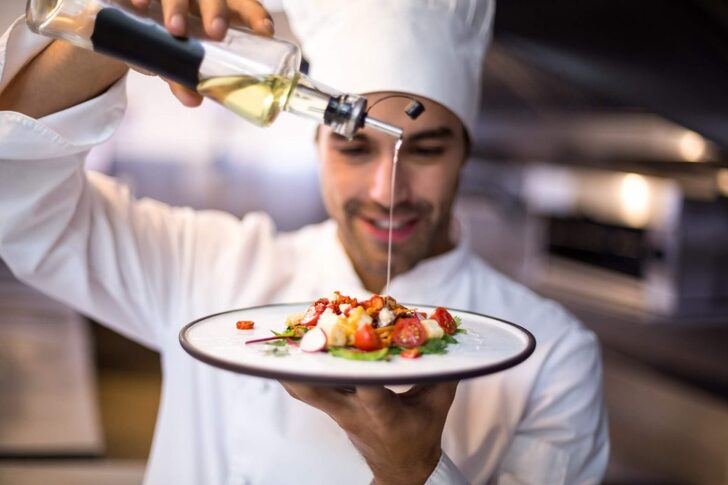
Healthy cooking and nutrition focus on preparing meals that are both delicious and beneficial for your health. This involves using fresh, whole ingredients and minimizing the use of processed foods, unhealthy fats, and excessive sugar. Learning about nutrition can help you create balanced meals that provide the necessary nutrients for your body. Techniques such as steaming, grilling, and roasting can preserve the nutritional value of ingredients while adding flavor. Incorporating a variety of fruits, vegetables, lean proteins, and whole grains into your diet can improve your overall well-being. Healthy cooking not only enhances your physical health but also promotes a positive relationship with food.
0
Do you agree? 0% of people agree with your point of view!
2Food Presentation and Plating
0 votes
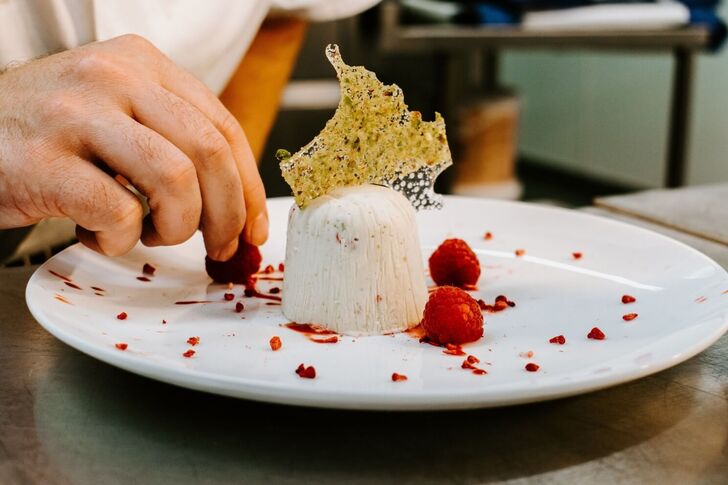
Food presentation and plating are essential aspects of culinary arts that elevate the dining experience. The visual appeal of a dish can enhance the perception of its taste and quality. Techniques such as arranging food artfully on the plate, using garnishes, and considering color and texture contrast can make your dishes look more professional. Understanding plating principles, such as balance, focal points, and negative space, can help you create visually stunning presentations. Practicing these techniques can improve your culinary skills and impress your guests. Food presentation is an art form that combines creativity with attention to detail, making your meals not only taste great but also look beautiful.
0
Do you agree? 0% of people agree with your point of view!
3Exploring International Cuisines
0 votes

Exploring international cuisines can broaden your culinary horizons and introduce you to new flavors and cooking methods. Each cuisine offers unique ingredients, techniques, and traditions. For example, Italian cuisine is known for its simplicity and focus on fresh ingredients, while Japanese cuisine emphasizes balance and precision. Trying out recipes from different cultures can be a fun and educational experience, allowing you to appreciate the diversity of global culinary arts. Additionally, understanding the cultural context of these cuisines can deepen your appreciation for the food and its origins. Exploring international cuisines enhances your culinary skills and expands your palate.
0
Do you agree? 0% of people agree with your point of view!
4Baking and Pastry Arts
0 votes
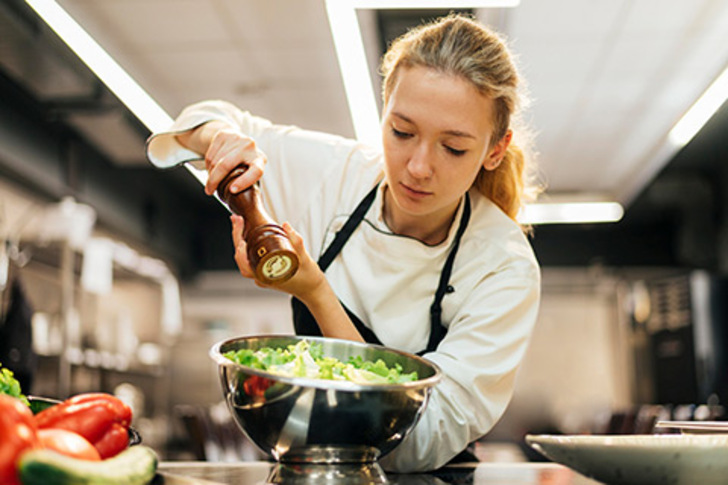
Baking and pastry arts involve precision and creativity, resulting in delicious and visually stunning creations. From bread and cakes to pastries and confections, baking requires a different set of skills compared to savory cooking. Understanding the science behind baking, such as the role of leavening agents and the importance of precise measurements, is crucial. Whether you’re making a simple loaf of bread or an elaborate wedding cake, practice and patience are key. There are many resources available, including baking classes and online tutorials, to help you improve your skills. Baking and pastry arts can be a rewarding hobby and a way to impress your friends and family with homemade treats.
0
Do you agree? 0% of people agree with your point of view!
5Cooking for Special Diets
0 votes
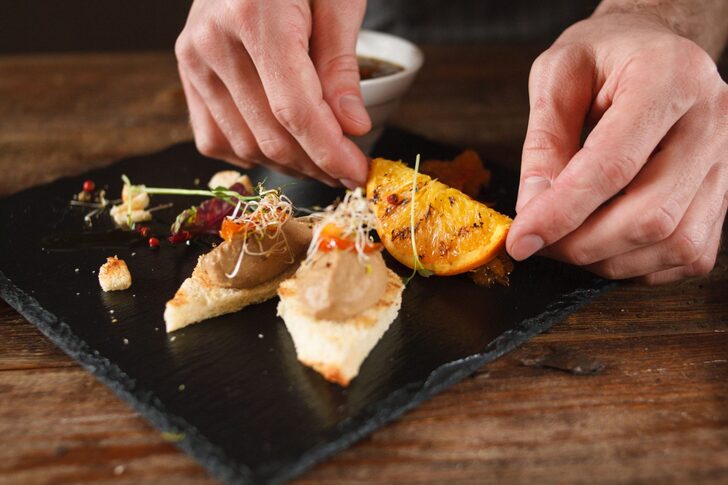
Cooking for special diets involves adapting recipes to meet specific dietary needs and preferences. This can include vegetarian, vegan, gluten-free, or allergy-friendly cooking. Understanding the nutritional requirements and suitable ingredient substitutions for these diets is essential. For example, using plant-based proteins in vegan dishes or alternative flours in gluten-free baking. Learning to cook for special diets can expand your culinary repertoire and allow you to accommodate different dietary needs. It also encourages creativity and experimentation in the kitchen. Cooking for special diets ensures that everyone can enjoy delicious and nutritious meals, regardless of their dietary restrictions.
0
Do you agree? 0% of people agree with your point of view!
6Mastering Basic Cooking Techniques
0 votes
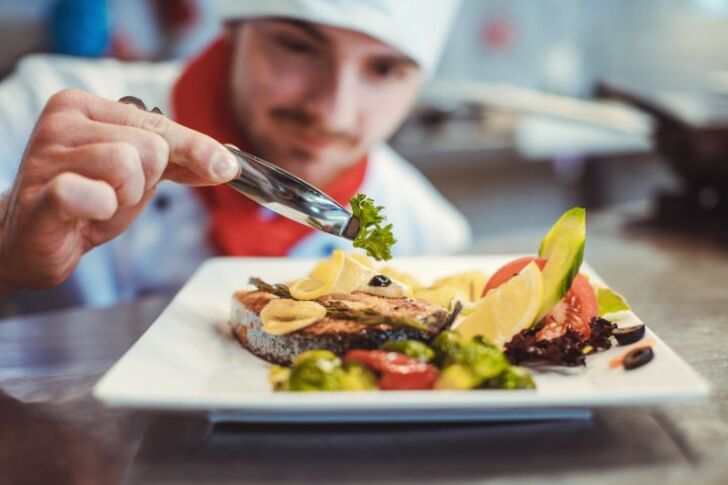
Mastering basic cooking techniques is essential for any aspiring chef. Techniques such as chopping, sautéing, roasting, and grilling form the foundation of culinary skills. Understanding these basics allows you to execute recipes with confidence and precision. Practice is key to mastering these techniques, and there are plenty of resources available, including cooking classes, online tutorials, and cookbooks. As you become proficient in these fundamental skills, you can experiment with more complex recipes and cooking styles. Mastering the basics not only improves your cooking efficiency but also enhances the taste and presentation of your dishes.
0
Do you agree? 0% of people agree with your point of view!







Recent Comments